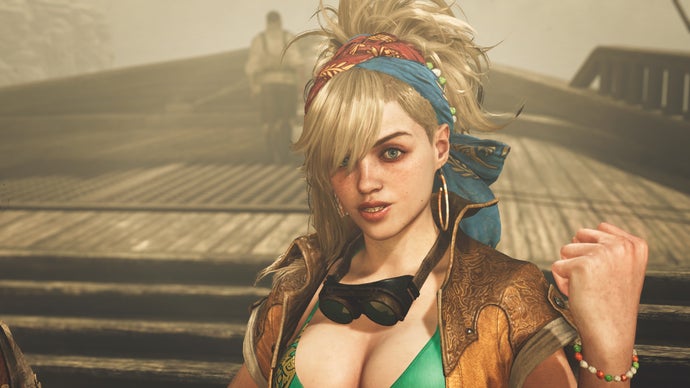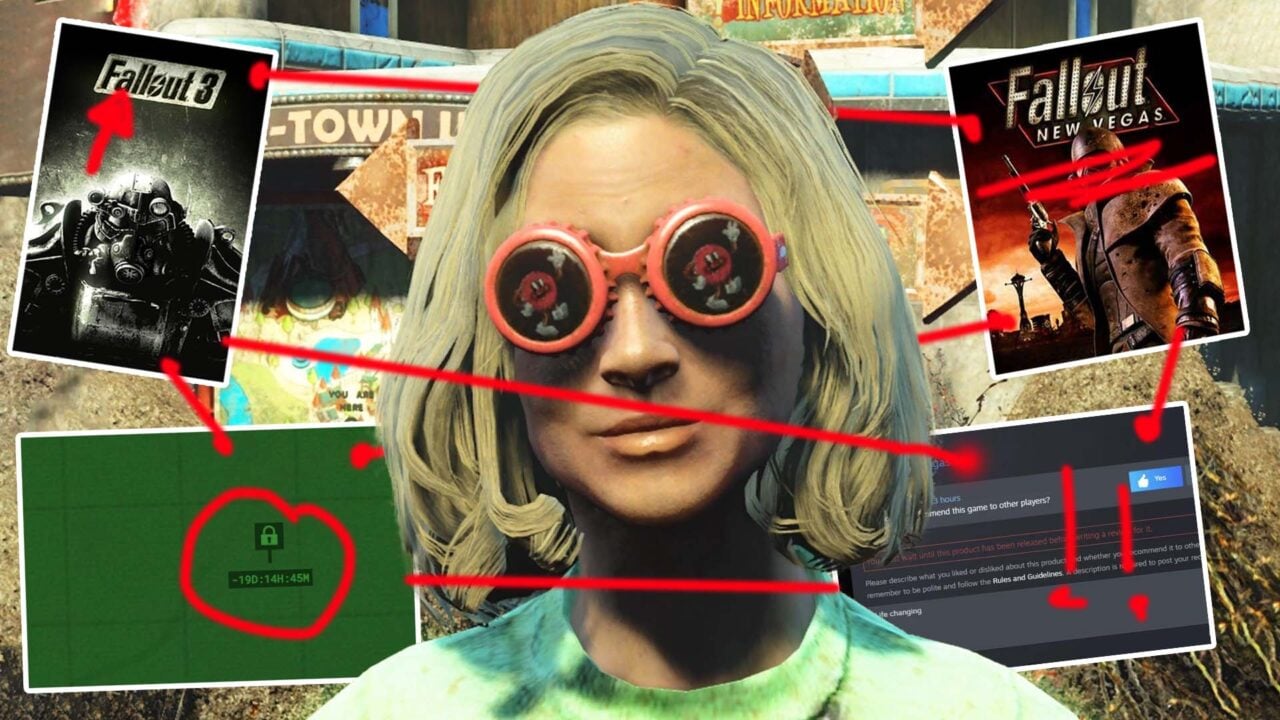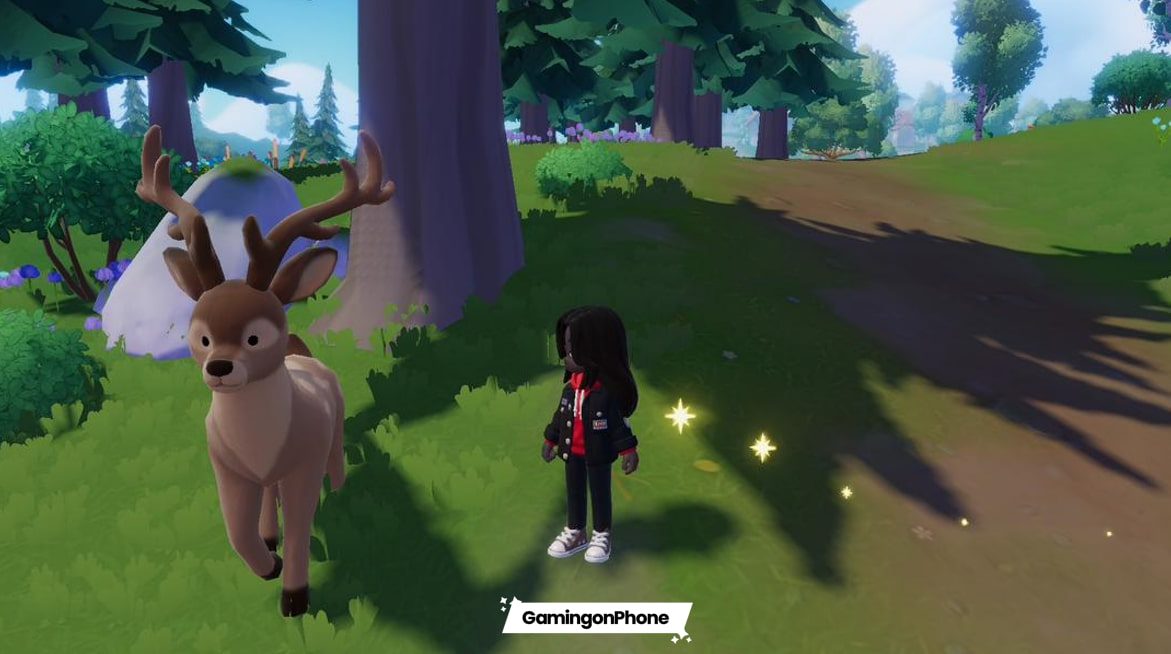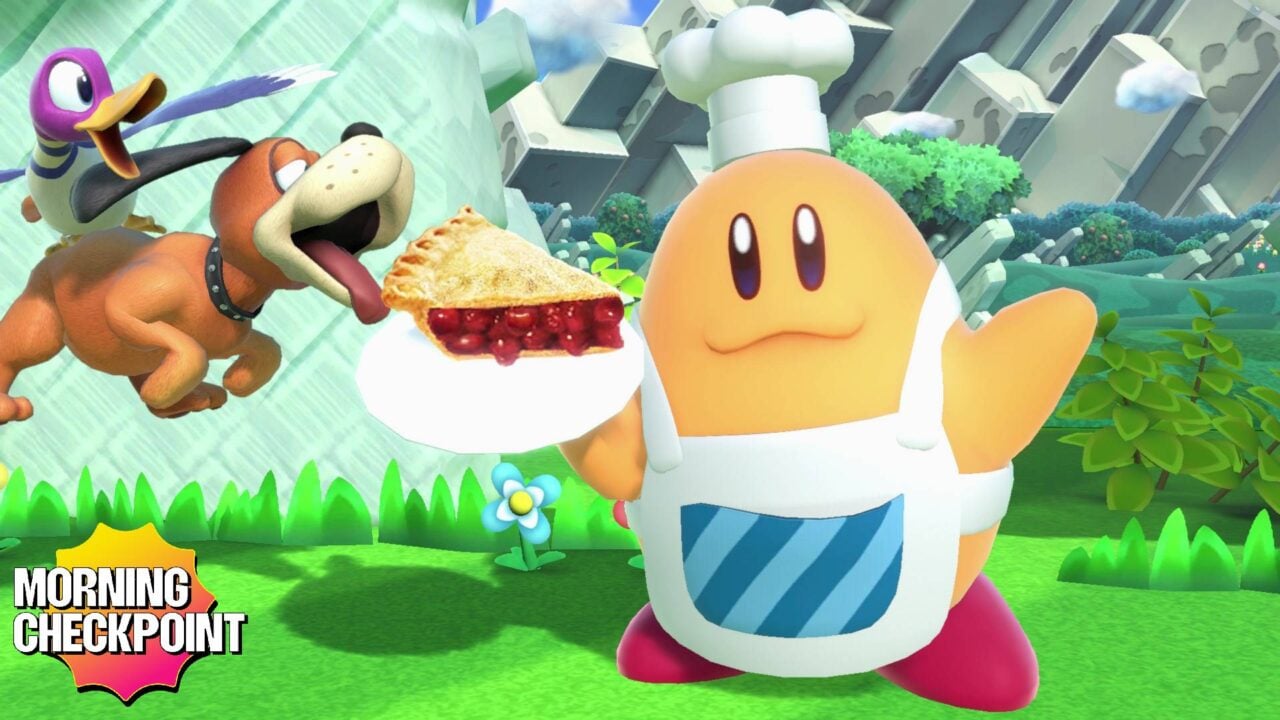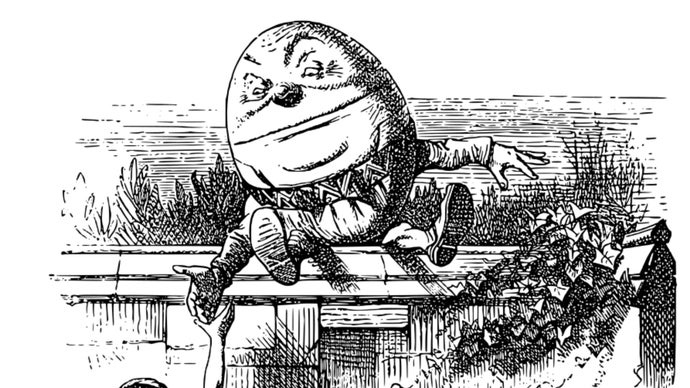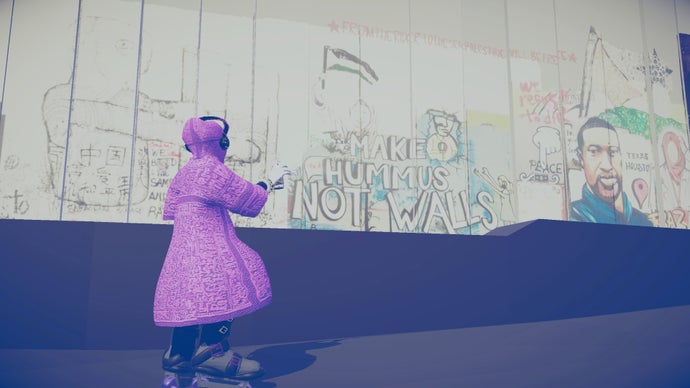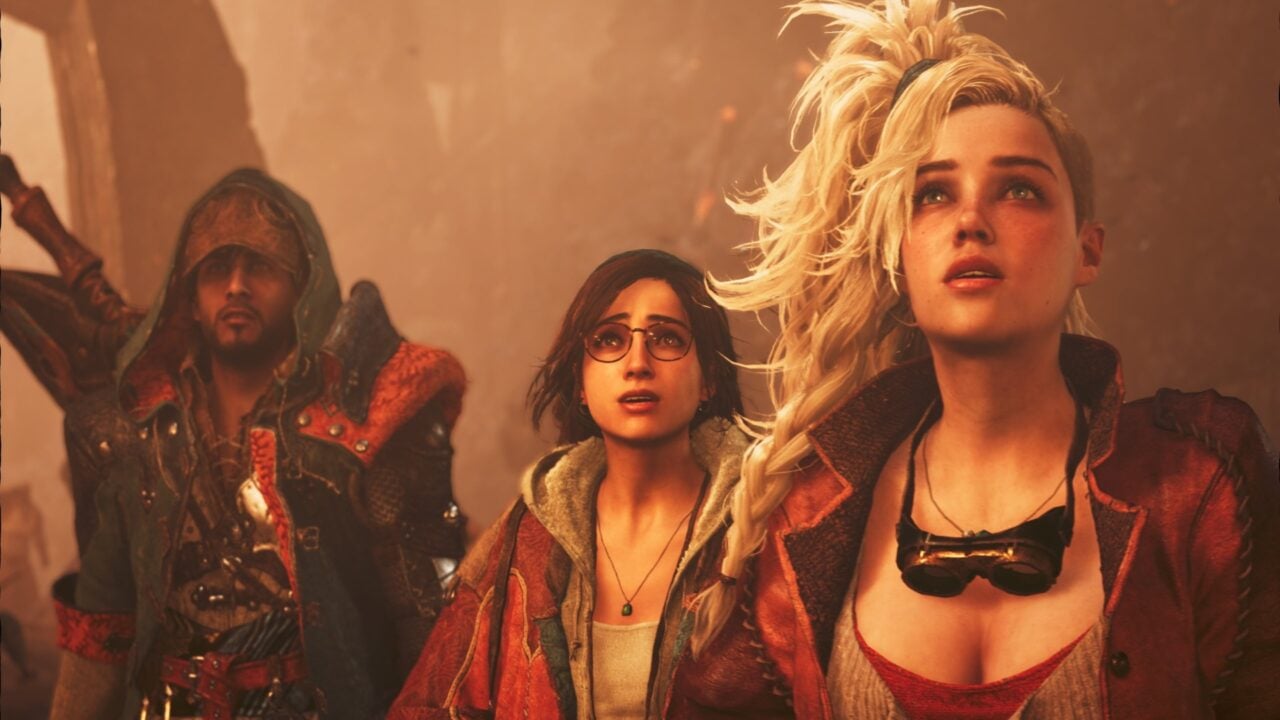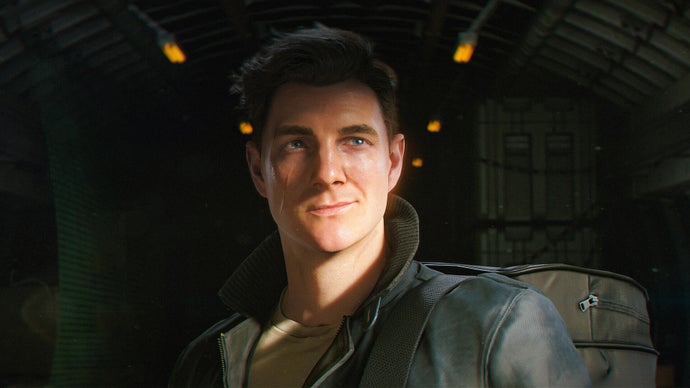### The Fallout Countdown: Diving into the Speculations of Glitches and Remasters
Recent events in the Fallout community have ignited enthusiasm, conjecture, and even perplexity. An assortment of countdown timers, mysterious glitches on Steam, and cryptic remarks from Bethesda’s Todd Howard have prompted numerous fans to speculate that remasters of *Fallout 3* and *Fallout: New Vegas* are on the verge of announcement. While excitement runs high among fans yearning for new material, it is important to separate evidence from hype.
#### The Countdown Clock and Glitches
A strange glitch recently emerged on Steam related to *Fallout: New Vegas* and *Fallout 3*. Reports on Reddit indicated that users faced obstacles when trying to leave reviews, with Steam asserting that these beloved titles “weren’t available yet.” As both games have been around for nearly twenty years, this oddity left many astonished and spurred speculation that a remaster could be imminent. Moreover, it was observed that Steam’s search feature displayed 12 Fallout games, despite only 10 being playable. Such anomalies contributed to the belief that concealed remasters were about to launch.
Further heightening the mystery was Amazon’s introduction of a *Fallout*-themed countdown timer associated with the season finale of the show on February 4. This prompted fans to theorize about a possible announcement linked to the occasion. Earlier comments from Todd Howard hinted at ongoing projects related to *Fallout* and indicated successful shadow drops such as that of *Oblivion Remastered*, which stoked the rumor fire.
#### Disproving the Myths
However, it is vital to temper expectations concerning these rumored remasters. The Steam review glitch, while unusual, does not signify any upcoming releases; it was a fleeting issue that impacted numerous games, including *Batman: Arkham City*, and has since been resolved. The peculiar enumeration of 12 *Fallout* titles on Steam aligns with typical quirks of the platform, often associated with various editions or availability by region.
Likewise, the buzz surrounding Amazon’s countdown clock may be exaggerated. Searches into the locked site linked to the countdown revealed that it was merely the Lucky 38 Casino, accessible for exploration after the season finale. Although announcements might come post-finale, the locked location does not suggest an unexpected release of a *Fallout 3 Remastered*.
#### Evidence for a *Fallout 3* Remaster
Despite the refutation of numerous claims, there is credible evidence indicating that a *Fallout 3 Remaster* is indeed in progress. A leaked document from a recent FTC vs. Microsoft hearing listed unannounced titles, which included *Fallout 3 Remastered* alongside names like *Oblivion Remastered*. This supports the idea that the remaster is genuinely being developed.
Additional confirmation surfaced in November 2025 when media outlets validated the remaster’s authenticity following further leaks. There are hopes that this remaster may incorporate enhancements similar to those in *Oblivion Remastered*, likely retaining the original engine while significantly upgrading visuals via the Unreal Engine.
As for a potential *New Vegas* remaster, evidence remains limited. Current conversations about remastering primarily focus on *Fallout 3*, and while fans wish for *New Vegas* to receive similar attention, concrete proof of this is presently inadequate.
#### Conclusion
In conclusion, while *Fallout* enthusiasts may find themselves swept up in the excitement of prospective remasters and unusual glitches, the reality differs from these optimistic notions. The evidence points to a *Fallout 3 Remaster* being in development, although a precise release timeline is yet to be determined. Conversely, the concept of a *New Vegas* remaster appears to be mainly driven by fan wishes rather than solid information. Thus, as the countdown continues and fans eagerly wait for updates, it’s wise to remain grounded and appreciate the ongoing content within the *Fallout* universe.
